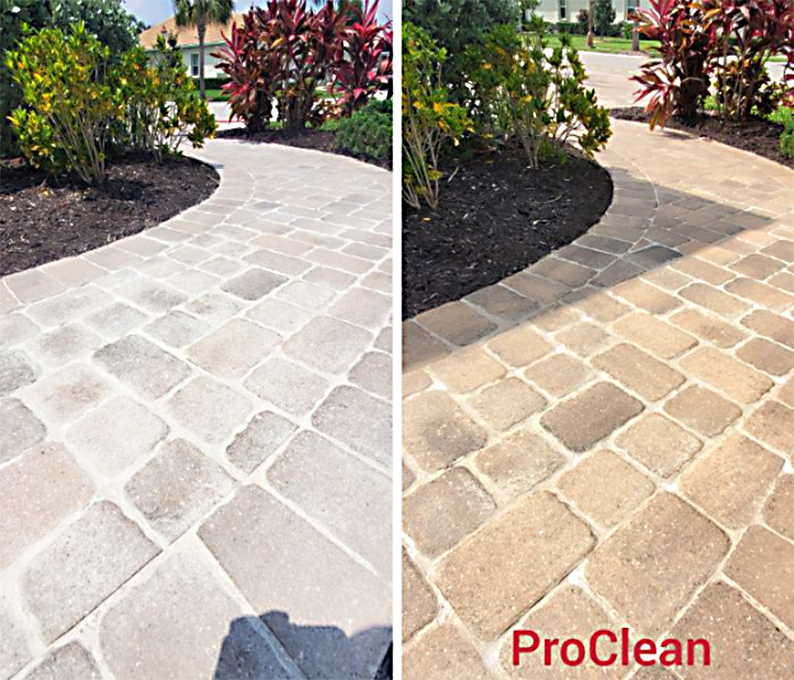As the world grapples with an ever-growing energy crisis, finding sustainable solutions to reduce power consumption has become paramount. Conventional insulation materials, though widely used, have significant limitations, prompting forward-thinking innovators to seek alternative approaches. Among these pioneering efforts, Swiss-designed Gramitherm has emerged as a standout, revolutionizing insulation by ingeniously transforming grass into a remarkably efficient thermal barrier.
At the heart of Gramitherm’s innovation lies its commitment to sustainability and local collaboration. The company sources its raw material from regional farmers, ensuring a localized supply chain that also utilizes every part of the plant, even the juice. The ingenious manufacturing process involves extracting fibers from the grass, followed by a meticulous drying process. These dried fibers are then opened and thermally bonded into semi-rigid boards, resulting in a product that boasts not only lightweight strength but also environmental friendliness.
The applications for Gramitherm’s insulation boards are diverse, making it a versatile solution for various needs. An impressive aspect of this process is its minimal waste generation. The digestible byproducts from the manufacturing procedure find purpose in animal food and serve as fertilizer, creating a closed-loop system that minimizes environmental impact.
Choosing grass as the primary raw material was a strategic move for Gramitherm. Grass is an exceptional thermal insulator, boasting an estimated lifespan of at least 50 years. The panels created from this grass-based material also act as efficient carbon sinks, storing the carbon dioxide captured by the grass during its growth. In fact, each kilogram of Gramitherm insulation captures a significant 1.5 kilograms of carbon dioxide equivalent, making it a powerful ally in the fight against climate change.
Beyond its remarkable insulation properties, Gramitherm’s manufacturing process stands out for its eco-friendliness. It requires only 75 percent of the energy and less than 70 percent of the water needed to produce traditional glass wool insulation. The efficiency of the process is further underscored by the impressive yields. Just one acre of grass can yield a substantial 200 cubic meters of Gramitherm, enough to insulate seven family homes. Scaling this up, envision the potential impact of utilizing 1,000 acres of land for Gramitherm production, which could cover a substantial portion—5 percent—of Switzerland’s insulation market, as projected by Eco Home.
The global applicability of this innovative solution is undeniable. If adopted on a larger scale worldwide, Gramitherm has the potential to revolutionize the insulation industry, offering not only energy-efficient solutions but also contributing significantly to carbon reduction efforts. This Swiss enterprise’s groundbreaking approach to insulation reminds us that the answers to our pressing environmental challenges may be found in the most unexpected places—in this case, right beneath our feet, in the form of grass.




